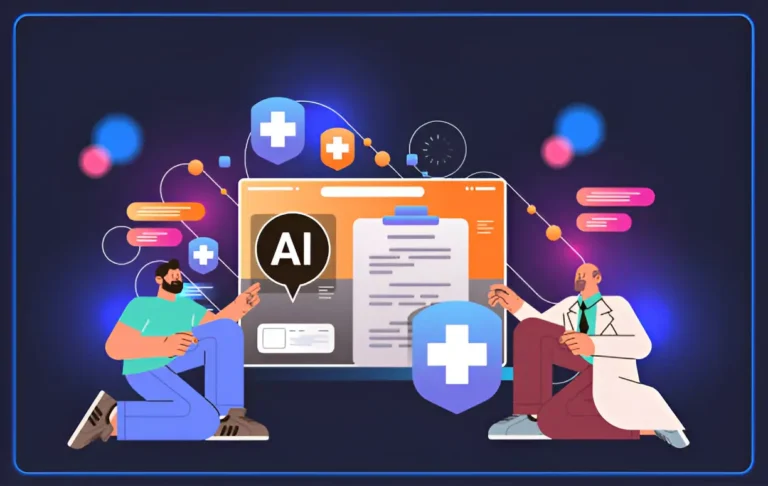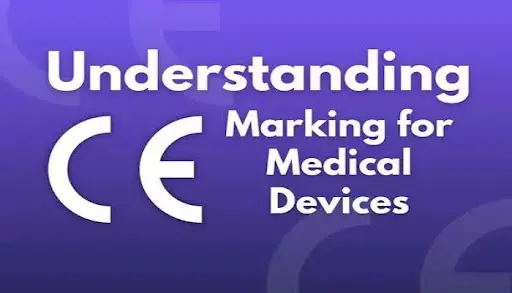Career-Boosting Certificate Programs for In-Demand Skills
In today’s fast-paced job market, gaining a competitive edge often means expanding your skill set with targeted education. Career-boosting certificate programs have become a practical pathway for individuals seeking to pivot into new industries or enhance their current roles. These programs focus on in-demand skills like data analysis, project management, cybersecurity, and digital marketing fields that continue to evolve alongside technology and global workplace needs.
When choosing a certificate program, it’s essential to consider course content, length, and outcomes that align with your career goals. Many institutions now offer flexible options, including online and hybrid formats, making them accessible to working professionals. Reviewing program information can help clarify what skills will be covered, what credentials you’ll earn, and how these may translate to job opportunities. Whether entering the workforce or looking to advance, the correct certificate can help unlock new career possibilities.
Understanding Certificate Programs
Certificate programs are highly focused, short-term educational offerings that often span a few months to a year. They’re purposefully designed around specific technical or professional skills, targeting industries where workforce needs are particularly acute. Unlike bachelor’s or associate’s degrees, certificate programs strip away general education courses and concentrate entirely on teaching the most relevant material for a particular field, minimizing time investment while maximizing real-world applicability.
Most certificate curricula incorporate hands-on projects, case studies, and immersive, real-world applications. This practical emphasis prepares students for immediate application of their new skills something employers consistently appreciate. Whether you’re an entry-level job seeker ready to launch a new career or an experienced professional wanting to fill a knowledge gap or reposition yourself within your industry, certificates bridge knowledge gaps with precision and efficiency. Many programs are also designed in consultation with advisory boards of industry leaders, maintaining sharp alignment with workforce trends.
Benefits of Pursuing a Certificate Program
- Focused Learning:Get direct training in one field or skill area, allowing you to build true competence without the distraction of unrelated coursework typically found in multi-year degrees.
- Time Efficiency:Programs are intentionally streamlined, facilitating faster transitions to new job opportunities, promotions, or even complete career changes without the lengthy commitment of traditional education.
- Cost-Effective:Certificate tuition is typically more affordable than that of full-degree programs, and many schools offer financial aid, scholarships, or flexible payment arrangements, reducing barriers to upskilling.
- Flexibility:With a vast array of online and evening options, certificate programs cater to working adults, caregivers, and nontraditional students, making it easier than ever to upgrade your credentials while maintaining your current obligations.
High-Demand Fields Offering Certificate Programs
As industries transform in response to innovations, policy changes, and social demands, certain sectors regularly seek new talent equipped with the latest certified expertise. Earning a certificate in a high-demand specialty can dramatically increase your chances of landing a job or gaining a promotion. Here’s a look at three of the fastest-growing areas for certificate education:
Technology
With the relentless pace of technological innovation, the IT and tech sector’s demand for skilled professionals has never been greater. Certificates in fields such as cybersecurity, data science, cloud computing, and IT support have become some of the most sought-after credentials on the job market. Major technology companies and respected universities collaboratively offer certificate pathways built for both beginners and experienced practitioners, ensuring accessibility for a diverse range of learners. For example, companies often partner with online education organizations to create certificates that teach practical, job-ready skills programs that can launch a new career in tech in as little as six months and generally do not require prior experience in the field. Hands-on labs, portfolio-building projects, and expert mentorship are often highlights of these programs.
Healthcare
The healthcare sector faces well-documented workforce shortages, particularly for technical, administrative, and front-line clinical roles. Certificate programs in medical assisting, phlebotomy, health information technology, medical billing and coding, and emergency medical services are specifically tailored to quickly prepare students for rewarding, high-impact positions. Community colleges, technical schools, and hospital-affiliated training centers frequently develop healthcare certificates that reflect local and regional market needs, giving graduates highly relevant skills and ensuring strong job placement rates. Many of these certificates also serve as stepping stones into advanced health degrees or professional licensures, offering clear career ladders.
Business and Management
Today’s business landscape values agility, analysis, and efficient leadership. Certificate programs in project management, business analysis, digital marketing, and operations management prepare individuals to take on new responsibilities, lead teams, or adapt business strategies. Such credentials are influential for professionals aspiring to management or executive positions and those aiming to understand the latest tools and methodologies. Leading institutions design business certificate programs around employer needs, featuring hands-on assignments, networking opportunities, and up-to-date case studies to ensure real-world applicability and immediate employer recognition.
Choosing the Right Certificate Program
Selecting the best certificate program requires thoughtful evaluation of several key factors. To make an informed investment of your time, effort, and resources, consider the following steps:
- Identify Career Goals:Assess your professional aspirations and select certificates that closely align with your desired path or fill a critical skill gap needed in your industry.
- Research Accredited Programs:Focus on institutions and specific program offerings with stellar reputations and official recognition within your chosen field.
- Evaluate Program Content:Review course syllabi and intended learning outcomes to ensure the curriculum is current, practical, and industry-relevant.
- Consider Delivery Format:Decide whether online, in-person, or hybrid instruction best suits your learning style and lifestyle obligations. Flexibility can significantly impact your success.
- Assess Financial Investment:Carefully compare tuition costs and research scholarship, financial aid, or employer reimbursement opportunities to help minimize financial barriers.
Conclusion
Certificate programs offer a practical, powerful pathway to rapid career advancement, professional reinvention, or acquiring in-demand skills. Their condensed, targeted curricula, flexibility, and industry recognition make them excellent tools for anyone seeking to thrive in today’s dynamic job markets. With a wealth of accessible program information available from reputable sources, taking an informed, strategic next step toward meaningful professional growth and long-term employability has never been easier or more rewarding.
Also Read-Goa Games: Celebrating the Spirit of Play in the Pearl of the Orient





